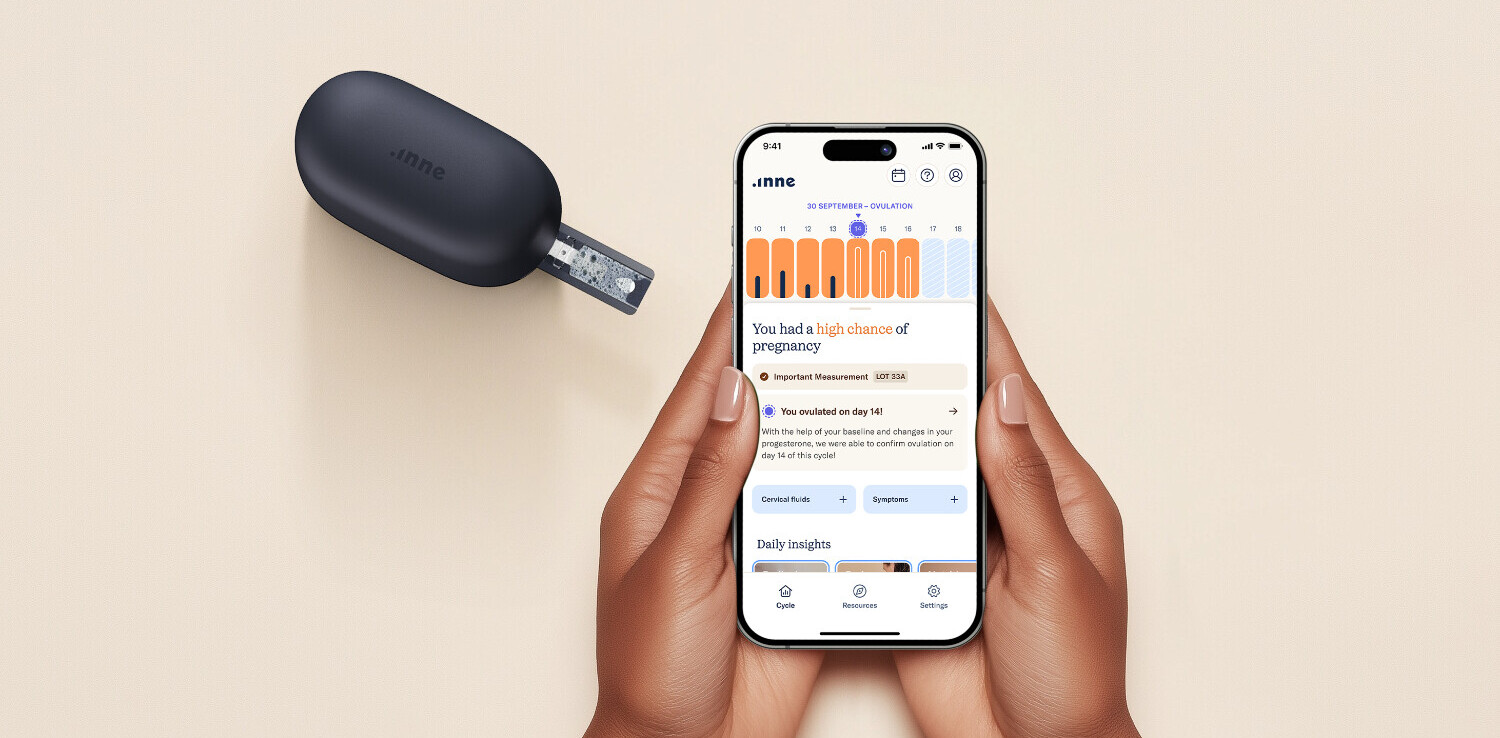
Almost every startup has flirted with the idea of joining an accelerator program. When done right, they can be an invaluable opportunity to learn from experts, get feedback on your product, business, or strategy, and get access to lucrative funding opportunities. But just how beneficial are they?
The answer really depends on you.
Taking time out of your daily operations for three to even six months is a big deal in a startup’s hectic life cycle. There are so many founders who apply to accelerators thinking it’ll be a great opportunity and then, when the program actually starts, it gets pushed aside to tackle other concerns. You miss one workshop here, one mixer there, and the next thing you know it’s over.
In the past, we’ve written about what to consider before joining a startup accelerator, how to choose the right program, and how to actually get in. Now we want to focus on what you should be doing during and after the program ends to keep the momentum going — so let’s dig in!
Be THAT person at the front of the class
Luckily, we had access to a batch of cohorts fresh out of the DMS Accelerator for data-centric startups and SMEs in Europe. TNW reached out to some of the most engaged participants to find out how they got the most out of their experience and what they recommend to fellow founders.
Claire Linley, co-founder and CCO at retail technology innovator Delloop, began by sharing her simple strategy:
Participate, participate, participate! Get involved in every aspect of the program.
The biggest benefit of a good accelerator program is the mentoring opportunities. You’re opening your company up to be poked and prodded by experts and mentors who will scrutinize your business plan, question your product-market fit, and may even tell you to ditch your artsy logo.
Keep in mind that your startup isn’t a glass house. Some of the best known tech companies today went through pivots and rebranding to reach where they are now. Twitter was originally a podcasting platform, Airbnb was focused on finding beds for conference attendees, and Youtube started out as a video dating site.
For Manuel Pessanha, CEO of automated fleet and delivery scheduling solution, Synertics, one of the best pieces of advice for fellow founders is:
Be open and constructive to external opinions and ideas and engage with the incredible pool of mentors as much as possible.
This is your chance to see your business from different perspectives and ask as many questions as possible. So be that nerd at the front of the classroom.
Make some friends (or at least long term connections)
After the expert advice, the second biggest benefit of joining an accelerator is the potential connections you can make. Whether it’s with your mentors, fellow founders, guest speakers at workshops, or anyone else you meet along the way.
But it’s all too easy to let these connections fade after the accelerator ends. Faizan Patankar, CEO of industrial ops AI startup, Amygda said:
Build relationships with other founders, because in your journey who knows who might be able to help you with an introduction to a VC or a common connection to a new customer. Keep adding value to founders’ lives even after the accelerator. Just as you need help, the rest of the founder community needs it too!
In fact, Patankar suggests to think even wider than your own cohort:
Search through the existing and past companies in the accelerator. They could be a great source of new business sales or even partnerships.
Take a page from Leila Koenig, co-founder at Dashfactory (creator of the electric Dashbike) who told TNW she made it a habit to connect with every person she met on LinkedIn straight away.
Dashfactory took the best out of it. We really focused on connecting with the people in the program. We connected with everyone on LinkedIn and took part in every session.
Don’t just bring senior people
A lot of startups end up just sending founders or senior level people to accelerator workshops — but that’s a big mistake. Instead, you should think about them like free training sessions that your whole team can benefit from. Whether your marketing team wants to get some external advice on their new campaign or your sales team wants to learn about how they can build their pipeline, there are lots of opportunities for growth. Koenig put it succinctly:
Use those workshops to educate your team. Most startups have a lot of enthusiastic juniors. Take the right people with you to the workshops.
Similarly, Violetta Shishkina co-founder & CEO of blockchain-based CAD sharing solution, CADChain, actually found the DMS Accelerator to be a great opportunity for getting new hires up to speed.
Apart from the obvious benefits of participating in such a program, we were able to get the added benefit of connecting the onboarding process of new employees with their presence at the webinars.
As our startup was growing rapidly at the time, the participation of new employees in the accelerator allowed us to quickly and effectively immerse them into the startup life, providing them with crucial knowledge, great insights, and fresh experience.
Advertise, market, and share
Remember, being accepted into a well-known accelerator is great for your startup’s market cred. But don’t wait for VCs or potential partners to ask you which programs you’ve participated in — make sure everyone knows before they even think to ask.
That’s at least what Patankar believes:
You should share your journey through the accelerator on your website, blog updates, and social media. Build your social proof by being associated with trusted accelerators.
Echoing Patankar’s advice, Linley suggests:
Use all your social media channels to promote the accelerator, your participation, and to support your cohort peers.
Don’t forget to celebrate
Getting into a well-known accelerator is a milestone for your startup; it means the organizers see potential in your idea and your team. For all the ups and downs of startup life, it’s a great confirmation that you’re doing something right. So take the time to celebrate and get your team excited about what’s to come.
Billy Mello, CEO at LAIFE, an AI-based wellness and music company, said:
Being part of the DMS Accelerator was a highlight for our intense year at LAIFE.
Due to the highly skilled contacts, mentors, and training pieces, DMS delivers what it promises.And the overall program encompasses everything a startup needs to get on track with the development, funding, client and investors relationships and much more.
We had the chance to meet brilliant mentors, committed investors, learned a lot through workshops and classes, but, above all, we felt that LAIFE now is part of a more prominent family, with lots of skilled peers.
There are over 7000 startup accelerator and incubator programs globally, so there’s bound to be a great one out there for your startup’s needs. If you’re a data-centric SME or startup based in Europe, check out DMS Accelerator. The program aims to help these companies overcome barriers in data skills, entrepreneurial opportunities, legal issues and standardization.
Get the TNW newsletter
Get the most important tech news in your inbox each week.
This program has received funding from the European Union's Horizon 2020 Programme under Grant Agreement number 825014.






